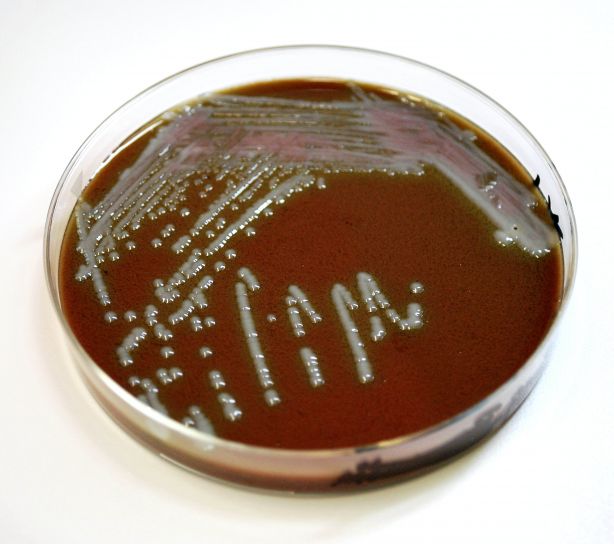Yale neurobiologists are growing brain organoids to better understand the causes of neurological disorders. Brain organoids are artificial organs which are grown by differentiating pluripotent stem cells into neuronal tissues.
Researchers in professor Flora Vaccarino’s lab at the Yale School of Medicine recently verified brain organoids’ ability to closely model fetal brain development. This project analyzed large-scale gene expression data from organoids’ RNA transcripts on Yale’s supercomputing clusters. “An extensive verification of the ability of brain organoids to serve as a model for the human brain has not been done before,” first author Anahita Amiri remarks. For years, professor Vaccarino has grown thousands of organoids to observe the correlation between gene expression and time-dependent cell differentiation. These brain organoids have many advantages over traditional neurobiological techniques. “[We have] the ability to observe the development of human neurons in a living system, in a time-dependent manner, and in 3D,” Vaccarino said.
With the fidelity of their model system confirmed, the lab can grow hundreds of organoids and get massive amounts of data, including enhancer networks–which control which genes will be transcribed at each specific stage of brain development–and potential interactions with their target genes.
Vaccarino and her lab are currently using organoids grown from the cells of patients with Autism Spectrum Disorder (ASD) to gain insights into how specific enhancers might contribute to ASD. “Once we can identify ASD biomarkers, the next steps could include developing therapies to target genes and enhancers involved through gene therapy or drugs,” Vaccarino said. With her brain organoid research, we are closer to understanding the mechanisms and causes of some neurodevelopmental diseases.

